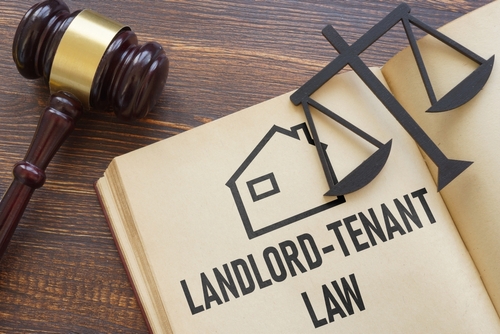Balancing the rights of tenants and landlords, Florida law specifies several practices that landlords are prohibited from engaging in. Such practices are outlined in Section 83.67, Florida Statutes, which also provides the remedies available to tenants if a landlord violates these provisions. For landlords, understanding these laws are essential to avoid unintentionally committing prohibited acts. Similarly, tenants should be familiar with these laws to ensure their rights as renters are protected.
Florida law does not permit landlords to engage in “self-help” evictions. Landlords are prohibited from interrupting or terminating utility services. Such utility services include, but are not limited to, water, heat, light, gas, and electricity. Landlords are also not permitted to remove the outside doors, locks, roof, walls, or windows for any reason other than maintenance, repair, or replacement. Landlords are not allowed to change the locks or use any other means to prevent the tenant from entering the rented property. These practices are prohibited even if the landlord has lawful grounds for evicting the tenant.
Landlords are also prohibited from removing a tenant’s personal property from the dwelling unit, unless such action is taken after the tenant surrenders or abandons the unit, the tenant is lawfully evicted, or the tenant passes away. In the absence of actual knowledge of abandonment, a landlord may presume the tenant has abandoned the premises if the tenant is absent for one-half the time for each periodic rental payment. In other words, if rent is due on the first of every month, a landlord may presume abandonment if the tenant is gone for half the month. However, this presumption does not apply if the tenant is current on the rent or if they notified the landlord, in writing, of their intended absence.
Although Section 83.67 prohibits the disposal of a tenant’s personal property, the landlord will not be responsible for the storage or disposition of the property if certain provisions are agreed to in the leasing agreement. Such provision requires certain language, which is provided for in the statute.
A landlord who engages in any prohibited practices, including but not limited to those discussed in this article, will be liable to the tenant for actual and consequential damages or three months’ rent, whichever is greater. The landlord will also be responsible for attorney fees and costs. These remedies are not exhaustive, and a tenant may pursue any other remedy they may have, either at law or equity.
Whether you are a landlord or tenant, it’s crucial to seek guidance from a seasoned attorney to ensure compliance with Florida’s laws. A skilled lawyer can assist you in understanding the legal proceedings, safeguarding your rights, and avoiding liability throughout the renting or eviction process. With years of experience in handling landlord/tenant cases, the Rice Law Firm is well-equipped to provide expert counsel in these matters and other legal concerns you may have. If you would like to consult with an experienced attorney on these issues and other legal matters, please give us a call at 386-257-1222.



